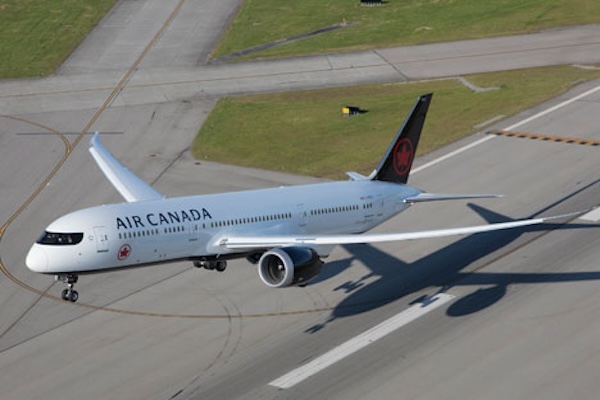Air Canada faces a potential pilot strike as negotiations with the pilots’ union intensify. More than 5,200 pilots, represented by the Air Line Pilots Association (ALPA), voted massively in favour of a strike mandate.
The vote, approved by 98% of the membership, underscores the increasing pressure on Air Canada to reach an agreement. With a potential strike date set for mid-September, the airline must navigate the final stages of negotiation to prevent disruption.
Air Canada’s pilot negotiations have been a prolonged process, spanning over a year, with the ALPA advocating for improved terms for its members. The involvement of a federal conciliator indicates the complexities at play in these discussions, as both sides aim to reach a mutually beneficial agreement.
ALPA’s approach indicates its determination to address longstanding grievances that pilots have faced. The possibility of industrial action is a powerful tool for the union, intended to drive home the urgency of their demands.
The company has reassured stakeholders that no immediate disruptions will occur before the end of the current conciliation and cooling-off periods, which provides a narrow window for reaching a compromise.
The delicate nature of these negotiations underscores the need for effective communication and compromise, as both parties work toward a resolution that prevents any detrimental impact on travellers.
The potential for reduced flight operations raises concerns about capacity constraints, which could ripple through the airline industry, impacting ticket prices and flight availability.
The outcome of these negotiations could set a precedent for future airline labour negotiations, influencing the strategies of unions and airlines in similar situations.
In conclusion, the ongoing negotiations between Air Canada and its pilots underscore the vital need for balanced resolutions that address pilot grievances while ensuring operational stability. With the threat of a strike looming, both parties are pushed to engage in meaningful dialogue to prevent disruptions in the aviation sector.

